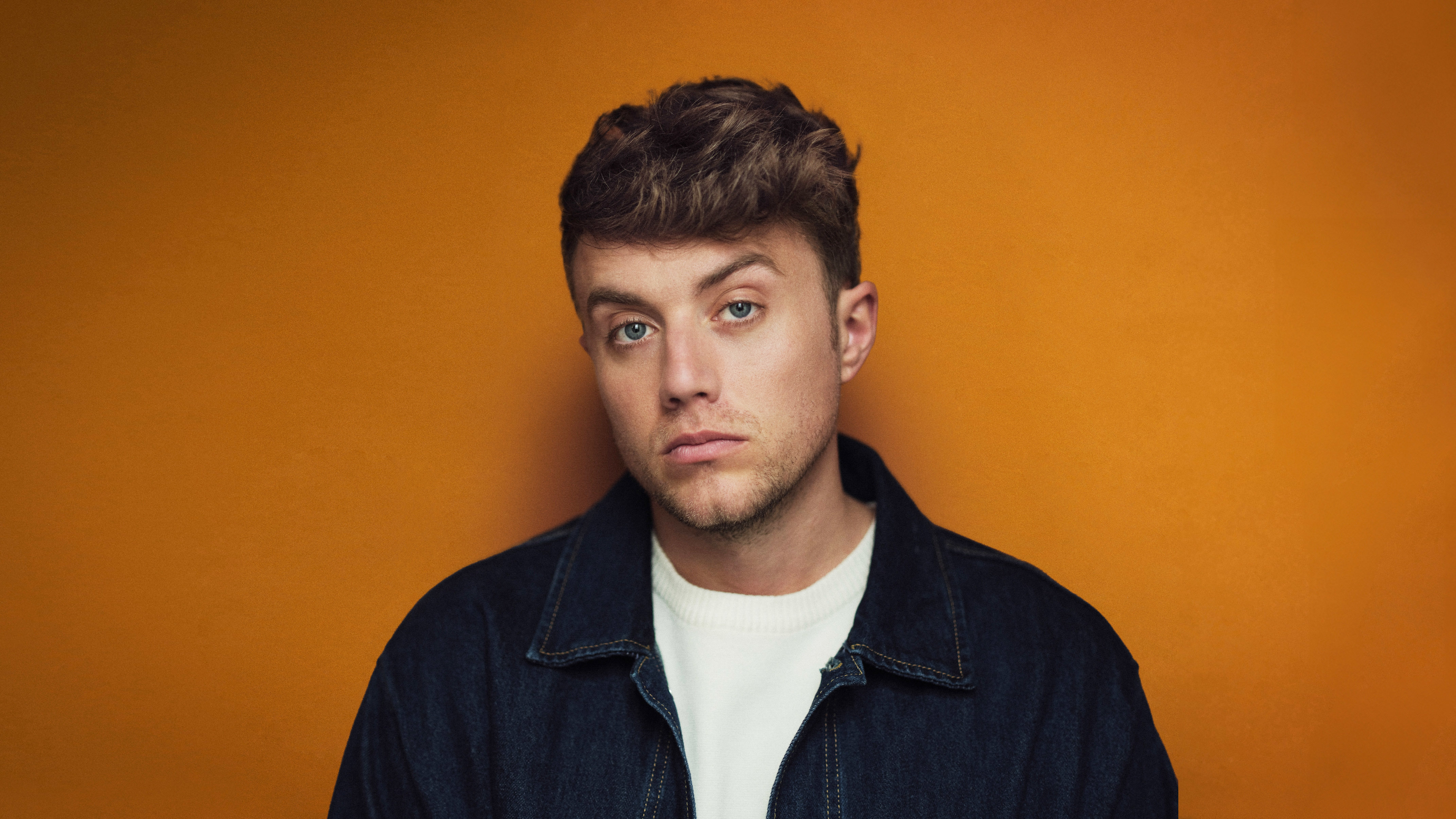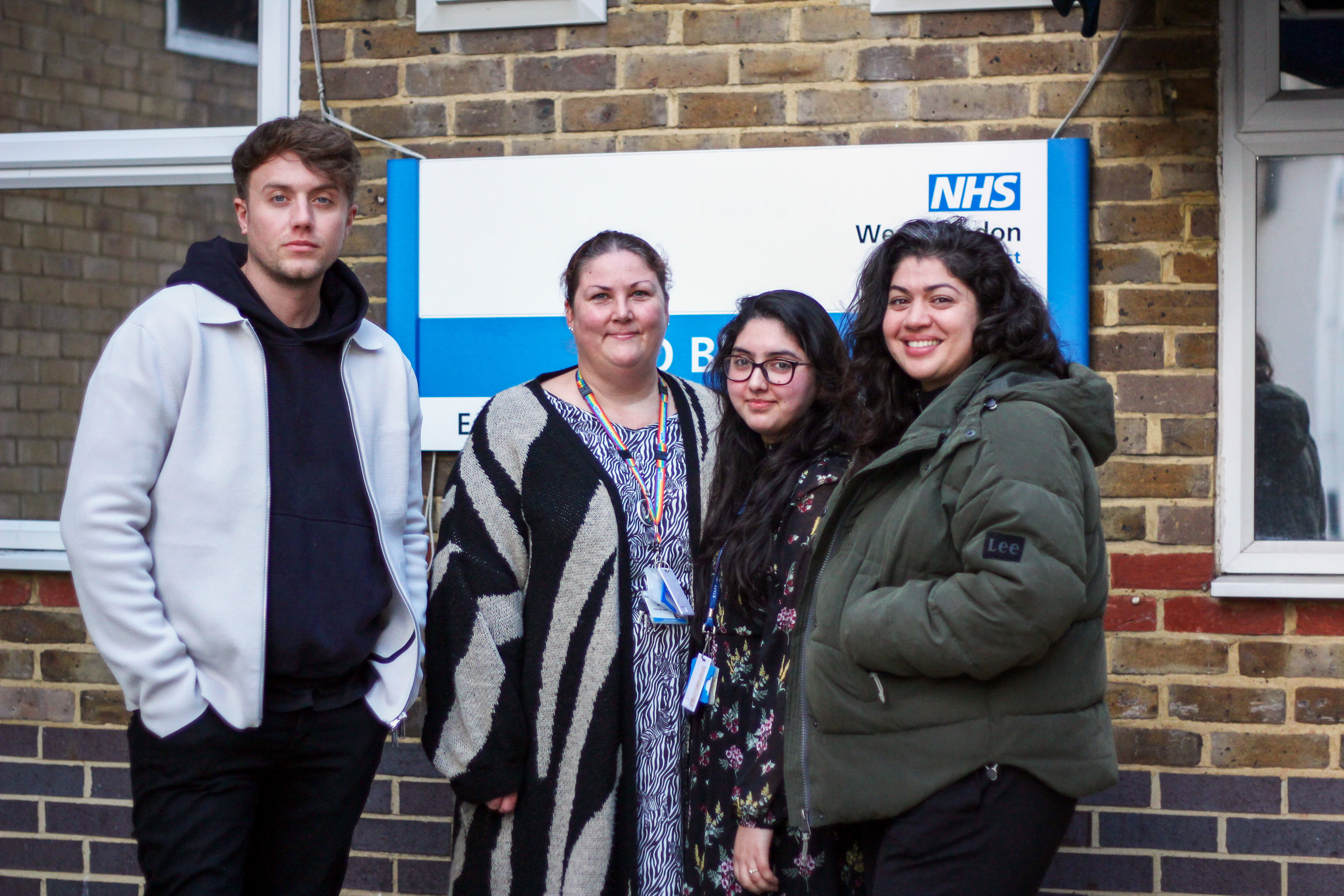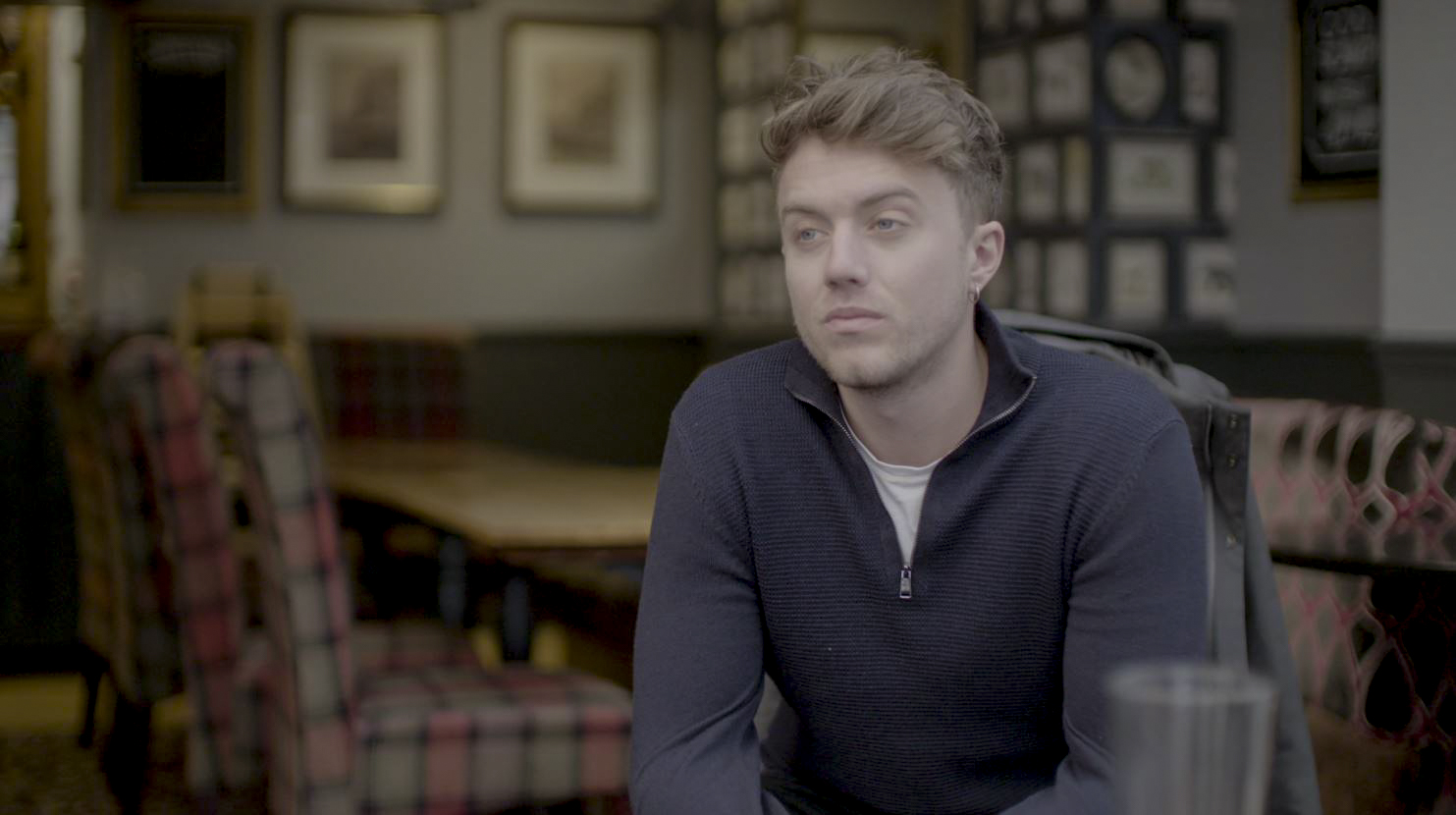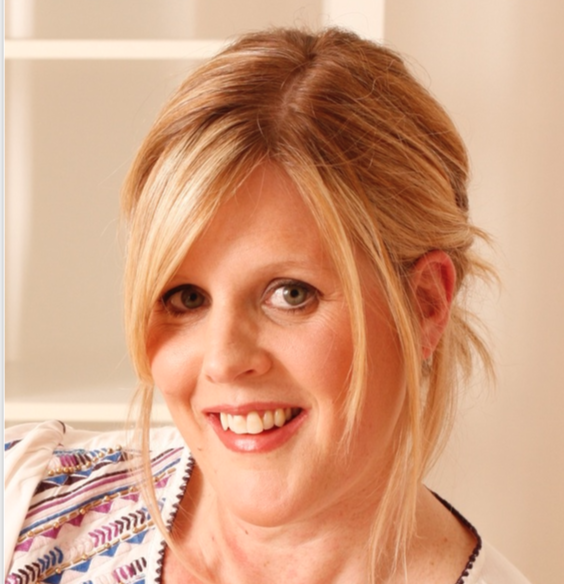Roman Kemp: The Fight For Young Lives — release date, interview and everything we know
Roman Kemp: The Fight For Young Lives sees the broadcaster investigate the mental health support available for young people.

The latest updates, reviews and unmissable series to watch and more!
You are now subscribed
Your newsletter sign-up was successful
Want to add more newsletters?

ONCE A WEEK
What to Watch
Get all the latest TV news and movie reviews, streaming recommendations and exclusive interviews sent directly to your inbox each week in a newsletter put together by our experts just for you.

ONCE A WEEK
What to Watch Soapbox
Sign up to our new soap newsletter to get all the latest news, spoilers and gossip from the biggest US soaps sent straight to your inbox… so you never miss a moment of the drama!
Roman Kemp: The Fight For Young Lives follows broadcaster and DJ, Roman as he investigates the help currently available to young people in the UK struggling with their mental health.
Two years ago following the tragic suicide of his best friend and colleague, Joe Lyons, Roman made the critically acclaimed documentary Our Silent Emergency.
The hour-long film explored why increasing numbers of young men were suffering in silence with their mental health and taking their own lives.
"It was essentially a call out to people to talk more openly about their struggles and be friends and heroes to one another", explains Roman. "But further down the line, I wanted to find out what happens next after they’ve started talking. How do people access support? Where do they go? I’ve heard so many people say, 'We just can’t get the help we need.'"
This new documentary sees Roman talking to young people who have been impacted by poor mental health and hears about the often devastating consequences as they are unable to access help.
Roman Kemp: The Fight for Young Lives — release date
The hour-long documentary will be released on Wednesday, November 1 at 9pm on BBC Three and will also be available on BBC iPlayer.
A post shared by Roman Kemp (@romankemp)
A photo posted by on
Roman Kemp: The Fight For Young Lives — who does Roman meet?
Roman meets head teachers, charity organisations and CAMHs (Child and Adolescent Mental Health Services) where he shines a light on why we are struggling to meet the huge demand for support in the UK.
The latest updates, reviews and unmissable series to watch and more!
He starts by meeting parents, Esther and Andy whose 16-year-old daughter Poppy took her own life after failing to get ongoing professional support for her mental health due to overstretched resources.
Roman says, "Since the pandemic, the number of young people referred to CAMHs in the UK has gone up by over 75 percent. Without enough resources, teenagers either can’t access it or are having to wait far too long and by then they are already often at an absolute crisis point."

What institutions and organisations does Roman Kemp visit?
Among the places Roman visits is The Grace Academy in Coventry where there is a dedicated support centre for pupils suffering with their mental health.
Later on, he meets the staff and the people involved in Young Minds, a youth mental health charity who are seen attending a meeting at Parliament to lobby politicians and urge them to invest more funding into support services.
What did Roman learn from his investigations?
Roman says, "What I concluded was that the biggest help would be for every school in the UK to have a dedicated mental health support team so children can access help early on.
"We need more funding for prevention rather than intervention. At the moment 36 percent of schools have mental health support teams but it needs to be 100 percent. The people in power need to say, 'Ok we recognise the problem and here’s the action that can help us.' There needs to be systematic change."
Interview with Roman Kemp

Why did you decide to make this film following BBC Documentary Our Silent Emergency? Can you explain a bit about the journey you've been on?
"After the last film ended, I went through a couple of years of pushing that narrative; everyone needs to talk more, and the general public needs to do their bit and be the hero to their friends. There came a point when I started to wonder ‘Have we done our bit, and what’s next?’. What I kept seeing was that the numbers were just getting worse and worse, and I wanted to know why that was. OK, so we’ve seen what we have to do but what’s the real action that needs to happen and what’s the current state of that action? What help is out there when someone builds that courage? What I was realising is that people were talking more, but the help wasn’t there for them.
"In the first film, I told Joe’s story. I felt like I was telling my story in understanding grief and understanding what had happened. We were left with a call out to the public to talk more, and to friends to be heroes to one another. I’ve heard so many people say, ‘We just can’t get the help’. After people talk, what do they do? Should we be getting lessons in schools? Could the NHS do more? Could CAMHs [Child and Adolescent Mental Health Services] do more? Trying to work out where the problem lies. Why are these numbers – in terms of deaths – still so high? And why are they not getting better?"
What needs to be done now?
"More funding in terms of prevention. There is a lot of money that is spent on postvention and intervention, but you need to stop the problem before it even arises. You need to get into schools, you need to be able to provide those mental health support teams, that can help someone when they get to adult life, they know how to deal with these issues.
"They are not presenting at A&E trying to work out what is happening with their brain, it would have been already learned and talked about at school. That’s a massive thing in this documentary, me going out asking what help do they need? Teachers are under so much stress. It was an eye-opener."
Do you feel pressure to help now people associate you with this subject?
"No, not at all. I have a very different view of it; I feel like I’ve seen both sides to it. I’ve come from the side of the person who wanted to take their own life, and also on the side where someone has taken their own life and that person is your best friend. So, you’ve seen the grief side of it, but you’ve also seen their side of it. I’m doing this for Joe and his family.
"Also in a way, I’m doing this for me. You just know this problem is going to keep happening. Unless someone does it, it’s not going to change. Sometimes for things to happen, there needs to be that one catalyst."
What is the one single thing you'd change to help improve the mental health of young people?
"It would be that every school in the UK has a mental health support team.
"What’s happening at the minute in the UK is if a child experienced some form of trauma when you take that into adult life it will re-emerge in poor mental health. It may well emerge into self-harm, drugs or alcohol abuse. Even as far as suicide. It will come back at some point in your life. So, if you look at the chain of events, the earlier you address that trauma the better. Imagine a child goes to school, and has been sexually abused, a witness or a victim of domestic violence, even as far as there’s an energy bill crisis going on, there’s a food crisis going on – imagine growing up in a home like that.
"They have no one to speak to in school. A teacher may not want to have that conversation – and, rightly so – they don’t feel trained enough, and they haven’t got the qualifications to be able to have that conversation in a safe manner.
"If that child doesn’t have anywhere to go, the danger is that they are just going to hold that trauma in for the rest of their lives. And it will re-emerge into something bad.
"So, my idea, and what I would like to see, is that every school – even if one child is having those types of thoughts – that they have someone that they could go to, to talk to and to be properly cared for."
Is there a trailer?
Yes, take a look below...
In his latest documentary, @romankemp strives to move the conversation on from talking about mental health, to discovering what support is in place for those suffering.Watch Roman Kemp: The Fight for Young Lives on @bbciplayer from 1st Nov. @BBCNews @BBCTheOneShow #MentalHealth pic.twitter.com/JfgXOwf9kYOctober 27, 2023

Tess is a senior writer for What’s On TV, TV Times, TV & Satellite and WhattoWatch.com She's been writing about TV for over 25 years and worked on some of the UK’s biggest and best-selling publications including the Daily Mirror where she was assistant editor on the weekend TV magazine, The Look, and Closer magazine where she was TV editor. She has freelanced for a whole range of websites and publications including We Love TV, The Sun’s TV Mag, Woman, Woman’s Own, Fabulous, Good Living, Prima and Woman and Home.

